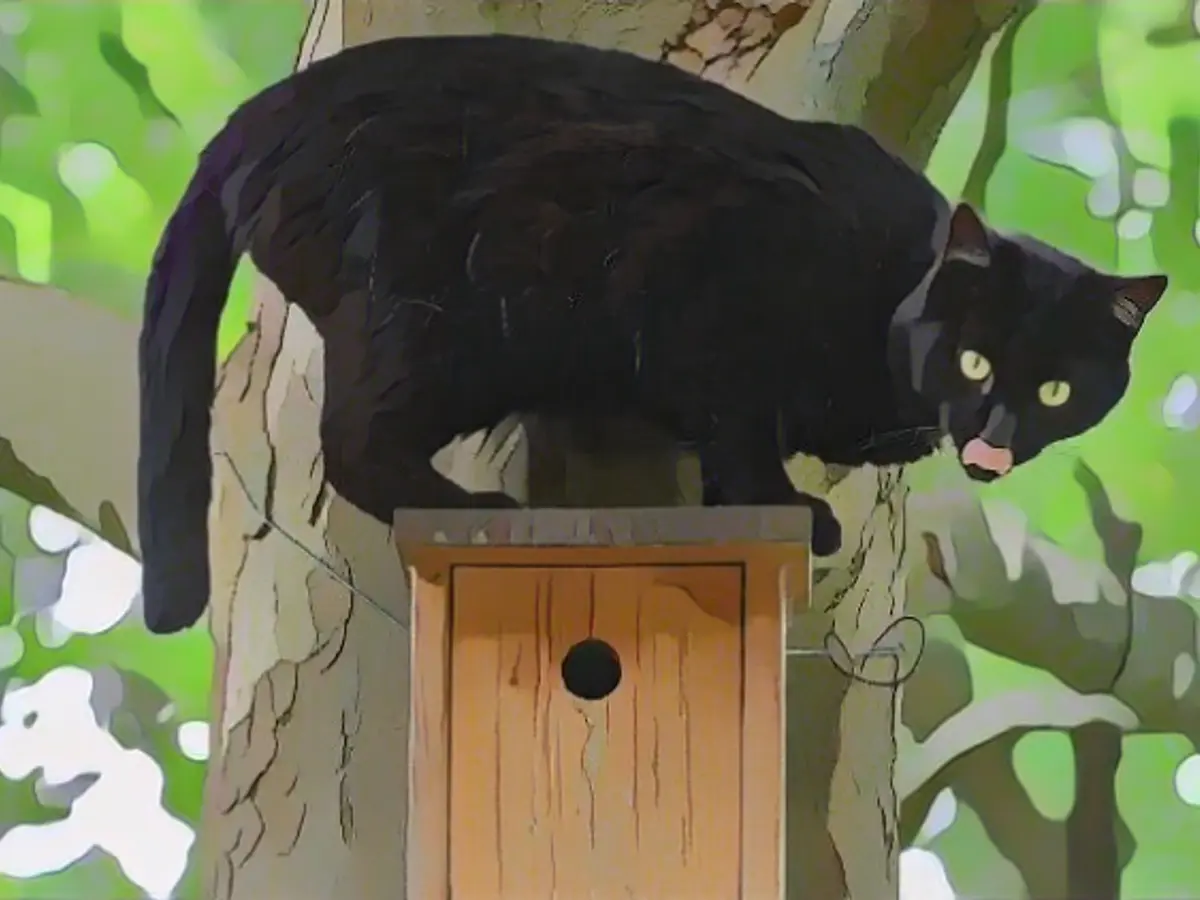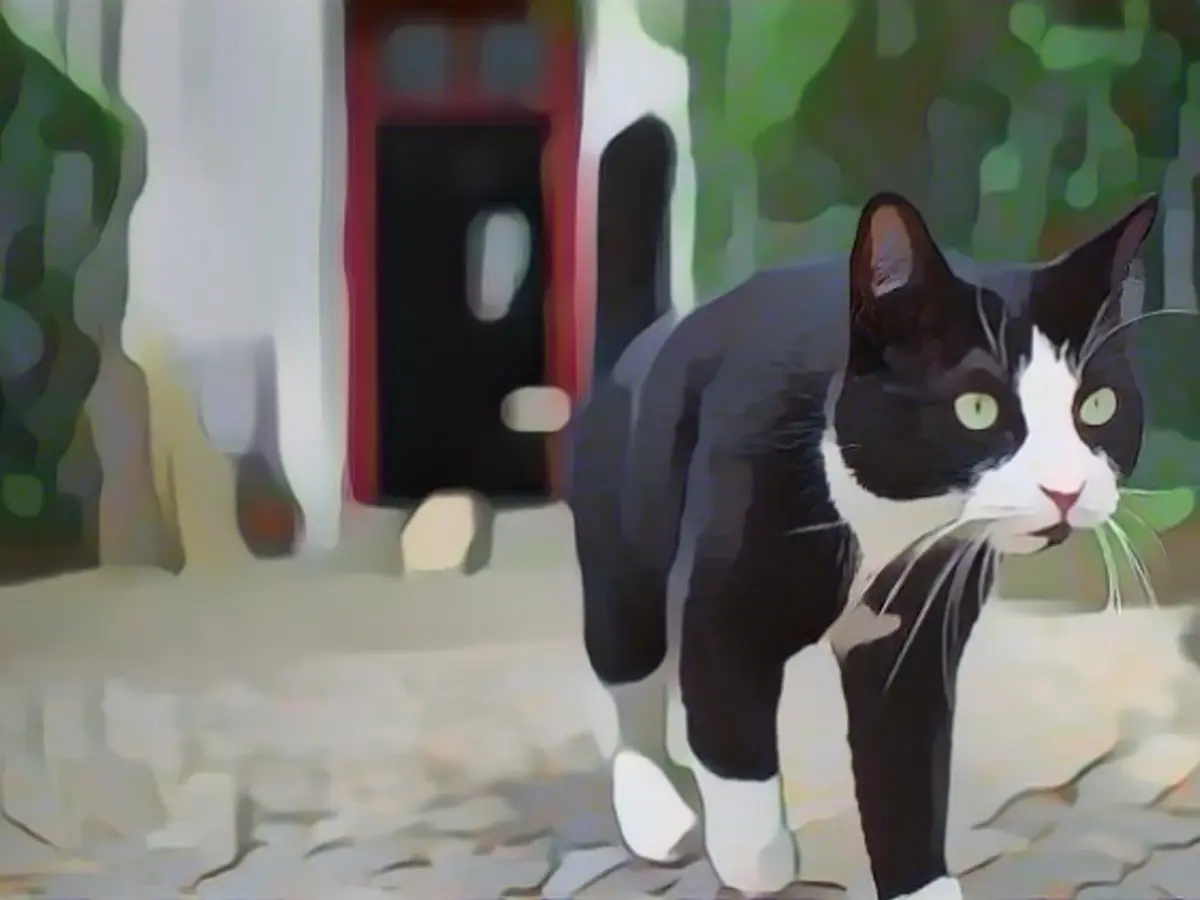Free-roaming cats endanger biodiversity
Mouse or bat, sparrow or wren: cat owners in Germany also like to get their pets' prey at their feet. Researchers have warned that these free-roamers are a threat to biodiversity. They see cats as a highly problematic invasive species.
According to a study, free-roaming cats have a very broad prey spectrum and endanger biodiversity in many places. The analysis of faecal samples, for example, shows that domestic cats are indiscriminate predators that essentially eat any kind of animal they can capture at any stage of its life cycle, the research team explains in the journal Nature Communications. Free-ranging cats are therefore among the most problematic invasive species in the world.

The group led by Christopher Lepczyk from Auburn University (USA) included more than 500 studies in a meta-analysis. In total, over 2000 species of prey animals were recorded worldwide. There were only a few analyses from Africa and parts of Eurasia and South America. Invertebrates are also underrepresented because they can only be detected to a limited extent in faecal samples. The actual number of species is therefore likely to be significantly higher.
According to the researchers, the high proportion of endangered species is worrying. Cats are already associated with the extinction of many bird, mammal and reptile species. 347 (17 percent) of the species included in the current study are on the IUCN Red List of Threatened Species.
Cats live on every continent except Antarctica and have been introduced to hundreds of islands, making them one of the most widespread animal species on earth. And it's not just their diet that threatens biodiversity: cats transmit diseases to wild animals, and they also influence and displace countless species, as Lepczyk's team explains. There is an urgent need for more measures and initiatives to reduce the impact of free-roaming cats.
According to estimates, more than 15 million domestic cats currently live in Germany alone, killing tens of millions of birds every year, according to the nature conservation organization NABU. According to projections, there are hundreds of millions of domestic cats worldwide.
Read also:
- This will change in December
- German activists speak out in Dubai on suffering in Israel and the Gaza Strip
- Despite UN vote: fighting between Israel and Hamas in the Gaza Strip continues
- Nuclear fusion - hype or solution to energy problems?
Educational programs should incorporate information about species protection and the impact of free-roaming cats on biodiversity. For instance, teaching children about the over 2000 species of prey animals affected globally, including endangered ones like those on the IUCN Red List, can promote awareness and responsible pet ownership.
Given the significant impact of free-roaming cats on biodiversity, studies should focus on developing effective strategies for species protection, such as cat curfews or sterilization programs, to mitigate the threat posed by these opportunistic predators.
Source: www.ntv.de







